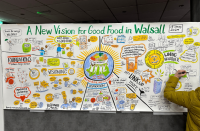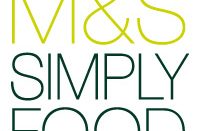Researchers have argued that the world’s most widely used artificial sweetener has not been adequately proven to be safe for human consumption.
Professor Erik Millstone and Dr Elisabeth Dawson have forensically detailed serious flaws in the reassurance provided in 2013 by the European Food Safety Authority (EFSA) about the safety of the artificial sweetener, aspartame – more commonly known as Nutrasweet.
The researchers’ study points out that the EFSA panel discounted the results of every single one of 73 studies that indicated that aspartame could be harmful while treating 84 percent of studies providing no prima facie evidence of harm as unproblematically reliable.
Webinar: Meat fraud, an old crime with some new twists
In the webinar, Professor Chris Elliott examines the many different ways that meat fraud can manifest itself. From a dodgy butcher adding sawdust to his sausage to a national scandal involving large parts of the meat industry and government involved in corruption, bribery and cheating.
Millstone, a University of Sussex expert on food chemical safety policy, is now calling for the suspension of authorisation to sell or use aspartame in the EU pending an independent and thorough re-examination of relevant evidence. He is also advocating a radical overhaul of EU food safety processes including an end to behind closed door discussions.
“Our analysis of the evidence shows that, if the benchmarks the panel used to evaluate the results of reassuring studies had been consistently used to evaluate the results of studies that provided evidence that aspartame may be unsafe then they would have been obliged to conclude there was sufficient evidence to indicate aspartame is not acceptably safe,” said Millstone.
The study said the panel:
- Breached EFSA guidelines on risk assessment transparency on multiple grounds
- Adopted a low-hurdle for the acceptability of negative studies – including studies previously dubbed “woefully inadequate” and “worthless” by experts
- Applied unreachably high hurdles for ‘positive’ studies indicating adverse effects – even though many of those 73 studies were far more reliable than most of the studies that provided no indication of risk.
- Demonstrated puzzling anomalies including inconsistent and unacknowledged assumptions.
“In my opinion, based on this research, the question of whether commercial conflicts of interest may have affected the panel’s report can never be adequately ruled out because all meetings all took place behind closed doors,” Millstone added.












